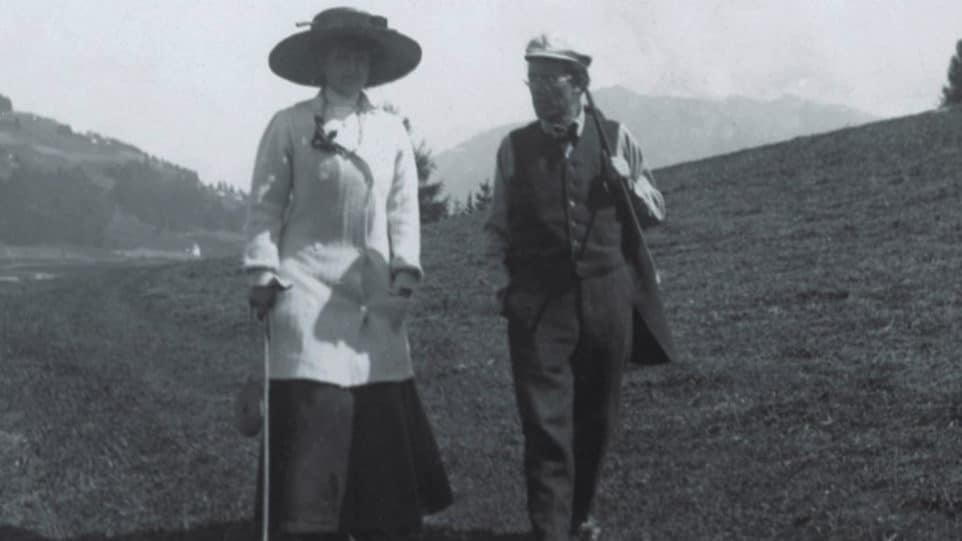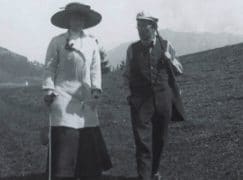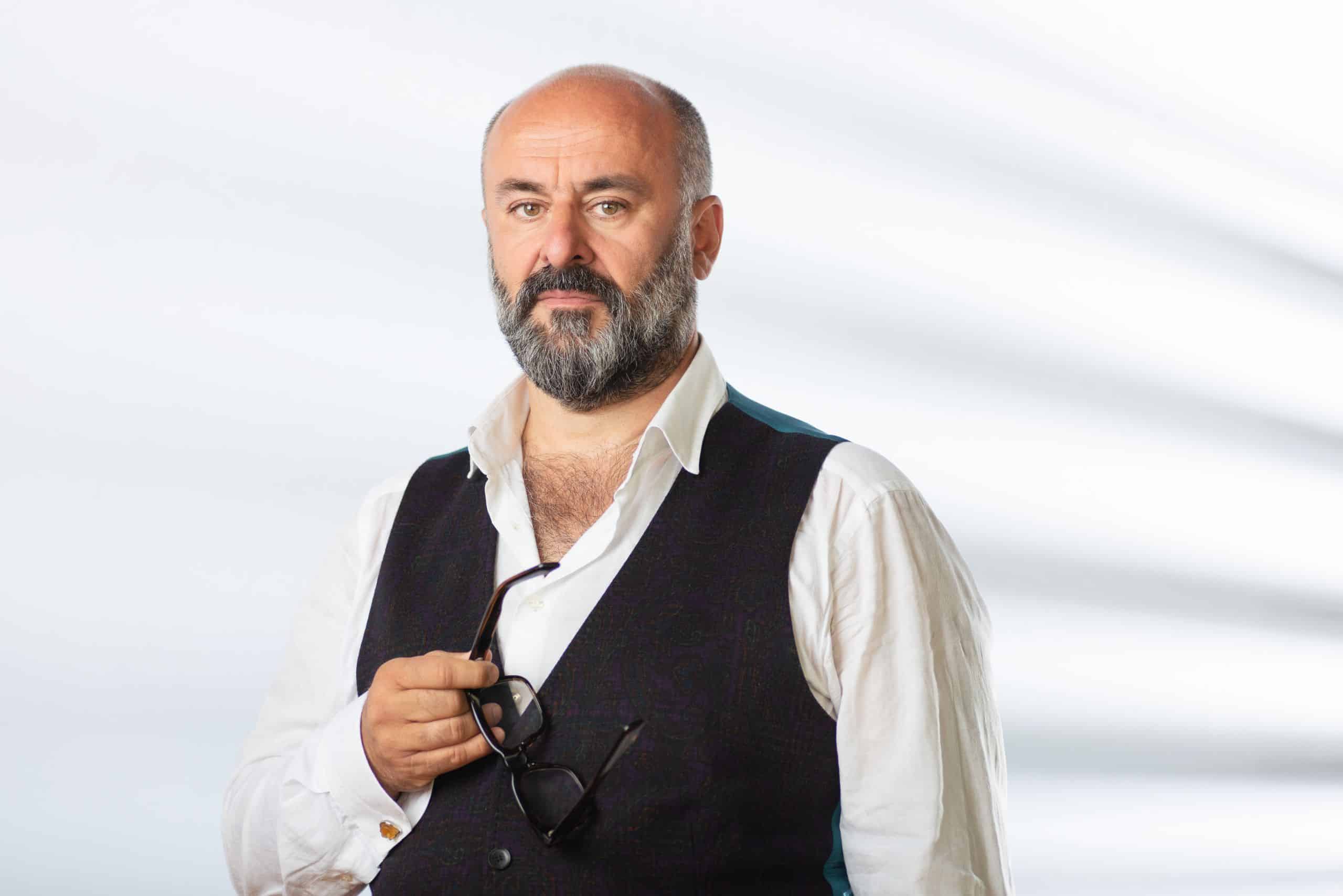An orchestra is born, in an unlikely language
mainMusicians in the Italian part of the South Tyrol – known in Italian in Alto Adige – have formed the Südtirol Filarmonica. The new ensemble is to make its debut in May at Toblach (Dobbiaco), where the composer Gustav Mahler spent his summers from 1908 to 1910.
The website is published in the indigenous language, Ladins, as well as German, Italian and English.
The music director, Michael Pichler, is from the locality, as are most of the 64 musicians.







Norman, you may want to specify that “the composer” was Mahler.
Ladin, Ladins are the people who speak Ladin.
There is no such a thing like “the Italian part of Sudtirol” since Sudtirol = Alto Adige is a Italy. Tirol is in Austria, Sudtirol is in Italy.
Nice initiative, hopefully it will have momentum to last!
So better call them Alt-Schluderbacher Philharmoniker.
One of the most beautiful places in the world! And a beautiful language! Good luck to these people!
Great. That is identity.
(Want to ruin it? Smear them with guilt and shame about not enough blacks, asians etc. in their orchestra.)
The usual procedure is to audition people best skilled for the job .
(What we need is more blind audiences)
Haha lol yes. I’m sure the inuit japano indian mongolean philippino will be full at home with their repertoire.
hahahaha
Correction: constant “stream”
I don’t mean to make a bigger deal out of this than it likely is, but watching all arts organizations fall to pieces around me in the southern US makes this announcement a most welcome piece of good news.
Thanks for sharing, NL.
What composer (although I am guessing that I know)?
Composer?
What composer?
And the unnamed composer in the wee photograph is Mahler, yes? And he is relevant here because the new orchestra is going to perform one of his works at their first concert, perhaps?
Why is this an “unlikely language”, when the orchestra comes from the region where this language is spoken? It is a small language, granted, but hardly “unlikely” if you live there. Besides, the web page gives you three choices, in alphabetical order: “Deutsch / Italiano / Ladin”. So, Ladin is just one of several choices. It would have been unlikely if they had left it out.
Here is another “unlikely” language: the Icelandic Symphony Orchestra, located in Reykjavik, actually has a web presence in Icelandic!
Final aside: you might have mentioned that “the composer” was Mahler.
Which composer?
It’s Mahler, but what is so “the” about him?
As a frequent visitor to the Alto Adige, I find this news
promising and most exciting. Hope they thrive.
Let’s hope they are better than their website (there’s nothing there). https://suedtirol-filarmonica.it/en/welcome/
Try again. The website has a bio of music director Michael Pichner, concert dates, the opening program (Dvorak’s New World; no Mahler), etc.
The website does have some content, just not in English (and, given that the region is not an English-speaking one, we have no right to complain). See, for instance:
https://suedtirol-filarmonica.it/de/konzerte/
As “Brian from DC” notes, the opening programme does not include any Mahler. According to the webpage I cited, the programme consists of an overture entitled “Innerer Kampf” (which would translate as “internal struggle”) by a composer called Johann Rufinatscha (he does not seem have a /Grove/ article, but he does have three scores on IMSLP — see https://imslp.org/wiki/Category:Rufinatscha,_Johann ), Stravinsky’s /Firebird/ suite (1919 version), and Dvořák’s “New World” symphony. So, two warhorses and an unfamiliar piece…
The language is called Ladin
This is enlightening: Ive never hear of Ladin or the Ladins who speak it. Is it related to Romansch in th certain Swiss cntons and Romania?
Ladin is a generic term for a group of Romance languages spoken in parts of today’s Friuli, Veneto and South Tyrol, in Italy, and Canton Grisons in Switzerland. Romansh has been an official language in Switzerland since 1999, and a national language since 1938. Language classification is complex for the Ladin groups.
Thanks, Gabriele. There are surprising things about European languages. The one spoken in Andorra is unrelated to any other, though I would have suspected Basque or Catalab.. And the nearest to Finnish is Hungarian. Dialects spoken in Normandie, long ruled by Britain, are akin to Welsh. In early ages Britain was joined to France, before the Channel broke through limestone on either side, as Spain was joined to North Africa.
You are welcome Edgar. I’m a bit puzzled by the idea of an ‘unlikely’ language used by Norman. The only unlikely language in that part of the world is English. I think Norman should perhaps clarify why he believes that Ladin, or one of the Ladin vernaculars, is ‘unlikely’. Never mind, let’s hope the orchestra plays good music, which is the only language that matters. 🙂